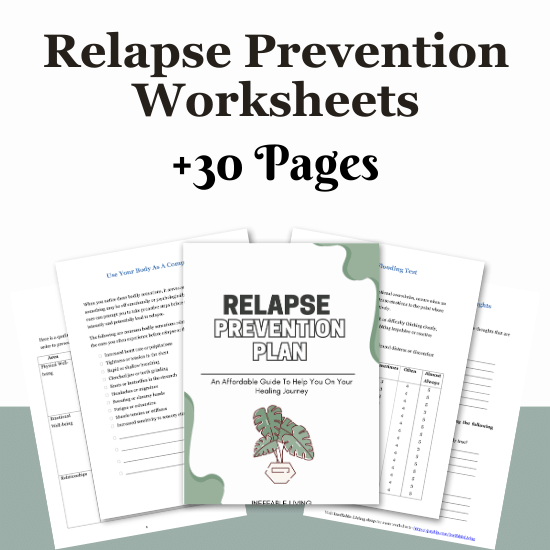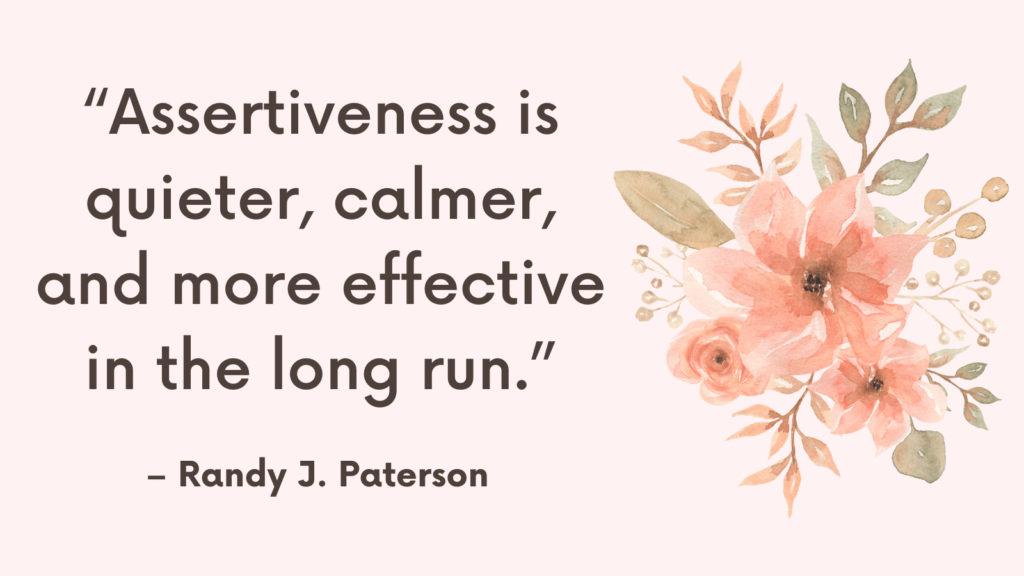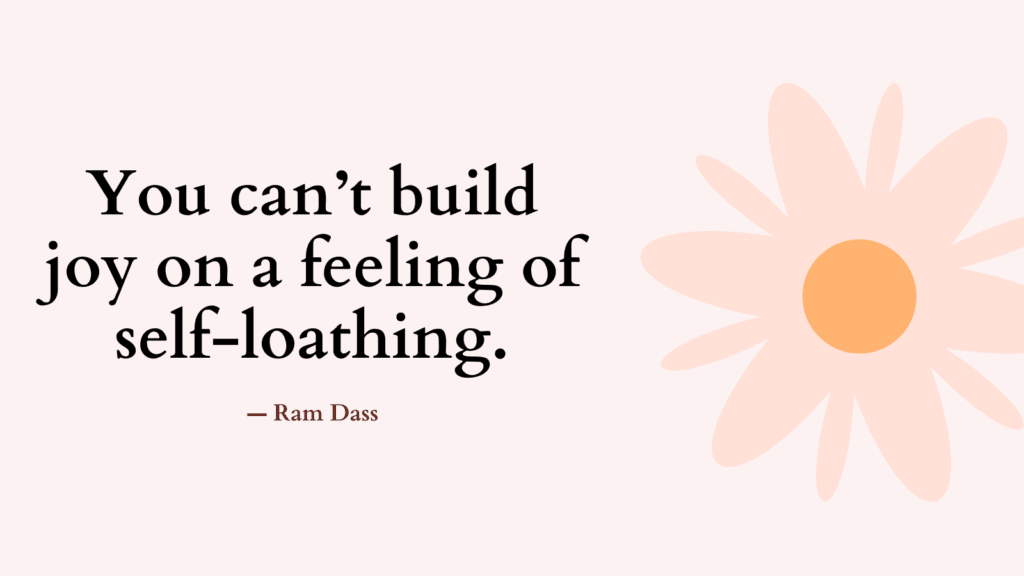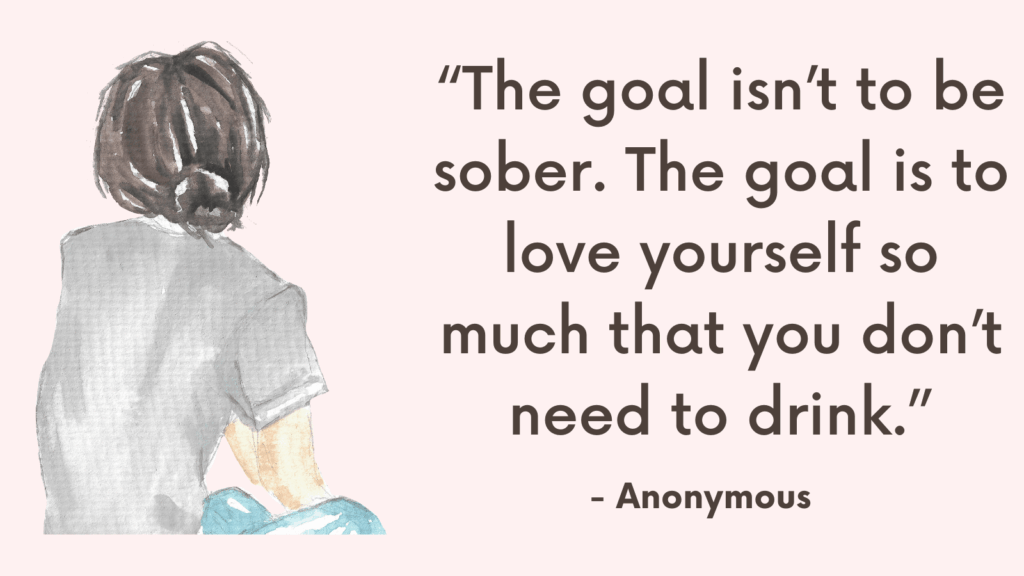This post includes excuses for not drinking to help you navigate social situations comfortably.
Excuses for Not Drinking
Abstaining from drinking can be challenging, as peer pressure and societal norms often expect individuals to participate in alcohol-related activities.
The following is a list of excuses for not drinking that can help you navigate social situations comfortably.
1. Medication
Claiming to be on medication that interacts poorly with alcohol is a valid reason to avoid drinking.
For instance, antibiotics, antidepressants, painkillers, and allergy medications can cause adverse reactions when combined with alcohol.
Examples:
- “I’m sorry, but I can’t drink tonight. I have a new medication that I’m taking, and it doesn’t mix well with alcohol.”
- “I’d love to join you for a drink, but my doctor has advised me not to drink while I’m on this medication.”
- “Unfortunately, I’m unable to drink tonight because of the medication I’m taking.”
Related: What Do Boundaries Sound Like? + 35 Boundaries Examples
2. Medical Reasons
Some individuals may have health conditions that prohibit them from consuming alcohol, such as liver disease, pancreatitis, or gastric ulcers.
Explaining that you have a medical condition that prevents you from drinking can help prevent pressure from those who may not understand the potential harm that alcohol can cause.
Examples:
- “I’m sorry, but I can’t drink tonight. I have a medical condition that requires me to avoid alcohol.”
- “I’d love to join you for a drink, but unfortunately, I have a medical reason that prevents me from drinking.”
- “I appreciate the invitation, but I have a medical problem that doesn’t allow me to drink alcohol at the moment.”
- “I’m sorry, but I can’t drink today or any other day because of my medical condition.”
3. Personal Preferences
Not everyone likes the taste of alcohol or the effects it has on their body.
Explaining your preference for non-alcoholic drinks or simply stating that you don’t enjoy drinking can be an honest and straightforward way to avoid alcohol-related events.
Examples:
- “No, thank you. I actually prefer not to drink alcohol.”
- “I’ve decided to abstain from alcohol as it doesn’t fit with my lifestyle choices.”
- “I’ve made a personal decision to avoid alcohol, so I won’t be drinking tonight.”
Related: Healthy Boundaries Quiz (+Free PDF Worksheets)
4. Religious or Cultural Beliefs
Many religions prohibit the consumption of alcohol, such as Islam and certain sects of Christianity.
Additionally, some cultures view drinking as taboo or inappropriate, making it easier for individuals to decline alcohol without feeling pressured or judged.
Examples:
- “As a part of my faith, I choose not to consume alcohol.”
- “In my culture, we consider alcohol to be against our traditions, so I won’t be drinking.”
5. Designated Driver
Being responsible for getting your friends and family home safely is a noble act that shows you care about their well-being.
This excuse also provides an opportunity to be of service to others and demonstrate your commitment to safety.
Examples:
- “I’m the designated driver tonight, so I’ll be abstaining from alcohol.”
- “I want to make sure everyone gets home safely, so I’m not drinking tonight.”
- “I volunteered to be the designated driver, which means no alcohol for me.”
- “I’m committed to keeping our friends safe by being the designated driver, so I won’t be drinking.”
- “Since I’ll be responsible for getting everyone home, I’ll be sticking to non-alcoholic beverages.”
Related: 7 Types of Boundaries (+FREE Worksheets)
6. Allergy to Alcohol
Although rare, some individuals may have an allergy to alcohol.
This allergy can lead to symptoms such as hives, difficulty breathing, and nausea.
Explaining that you have an allergic reaction to alcohol can help prevent any peer pressure from those who may not understand the severity of these symptoms.
Examples:
- “I have an allergy to alcohol, so I can’t drink.”
- “I’ve been diagnosed with alcohol intolerance/allergy, which means I can’t consume any alcoholic beverages.”
- “Unfortunately, my body has a negative reaction to alcohol due to an allergy, so I’ll have to decline.”
- “My doctor has advised me to avoid alcohol completely because I’ve developed an allergy to it.”
7. Personal Goals and Priorities
Personal goals and priorities can also be a credible excuse for not drinking.
For example, if someone is training for a sporting event or trying to achieve a fitness goal, alcohol consumption may interfere with these efforts.
Additionally, someone may be saving money for a particular purchase or experience, and choosing not to drink can help them save money while still participating in social events.
Examples:
- “I’m currently focusing on my fitness goals, so I’m choosing not to drink right now.”
- “I have an important project/personal commitment tomorrow, and I want to be at my best, so I’ll pass on alcohol for tonight.”
- “I’m trying to save money, and cutting back on alcohol is part of my budgeting plan.”
- “I’ve decided to take a break from alcohol to prioritize my mental and emotional well-being.”
Related: Top 10 Books About Setting Boundaries
8. Past Experiences
Some individuals may have had negative experiences with alcohol that make them hesitant to drink.
Explaining that you previously experienced negative side-effects, such as getting sick, having a hangover, or engaging in behavior you regretted, can be a reason to avoid alcohol in the future.
Examples:
- “I had a negative reaction to alcohol in the past, so I’m choosing not to drink to avoid any potential complications.”
- “Alcohol tends to exacerbate my anxiety/depression, so I’m opting out for my own mental well-being.”
- “I’ve had some regrettable experiences with alcohol in the past, so I’d rather abstain to avoid repeating those situations.”
- “I’ve noticed that alcohol negatively impacts my sleep quality, so I’m abstaining to prioritize my rest and recovery.”
9. Work Obligations
Work obligations can provide a valid excuse for not drinking.
Explaining that you have an important meeting, presentation, or project the following day can help justify not drinking.
Alcohol can affect productivity, focus, and performance the next day, so choosing to abstain can be a wise decision.
Examples:
- “I have an early morning meeting/event tomorrow and need to be at my best, so I’m choosing not to drink tonight.”
- “I’m on-call tonight for work, and I need to be ready and available, so it’s better if I stay sober.”
- “I’m currently working on an important project that requires my full concentration, so I’m avoiding alcohol to maintain focus.”
- “I have an important presentation/work-related task coming up, and I want to ensure that I’m mentally sharp, so I won’t be drinking tonight.”
Related: Top 19 Journal Prompts For Boundaries
What Makes It Difficult To Abstain From Drinking In Social Situations?
The difficulty of abstaining from drinking in social situations can arise from a variety of factors, both psychological and social.
Here are some key reasons why individuals may find it challenging to refrain from alcohol consumption in social settings:
1. Social Pressure
One of the primary challenges is the pressure to conform to societal norms and expectations regarding alcohol use.
Alcohol often plays a central role in socializing, celebrations, and recreational activities, making it difficult for individuals to opt out without feeling judged or left out.
2. Desire for Acceptance
Humans are social beings, and the need for acceptance and belonging is fundamental.
There is a fear that not participating in drinking activities might lead to social exclusion or being perceived as boring or different.
This desire for acceptance can override an individual’s personal goals or intentions to abstain.
3. Social Facilitation
Alcohol is commonly perceived as a social lubricant that helps people feel more relaxed, confident, and outgoing in social situations.
Many individuals rely on alcohol to reduce social anxiety and navigate social interactions, making it challenging to abstain when faced with these circumstances.
Related: Can a Relationship Survive Addiction?
4. Fear of Missing Out (FOMO)
The fear of missing out on enjoyable experiences or memorable moments can be a powerful motivator.
Individuals may worry that by abstaining from alcohol, they will miss out on the fun, bonding, and shared experiences that often occur during social events where drinking is prevalent.
5. Emotional Triggers
Social gatherings can evoke various emotional states, such as stress, excitement, happiness, or sadness.
Alcohol is often used as a coping mechanism to alleviate negative emotions or enhance positive ones.
In the absence of alternative coping strategies, individuals may turn to drinking to regulate their emotions, further complicating efforts to abstain.
Related: Best 7 Emotional Sobriety Books
6. Conditioning and Associations
Over time, individuals may develop strong associations between certain social situations and alcohol consumption.
For example, going to a bar, attending parties, or watching sports games may become triggers for craving alcohol.
These conditioned responses can make it challenging to disentangle the desire for alcohol from the social context.
7. Limited Alternatives
Non-alcoholic beverage options may be limited or less appealing in social settings, reinforcing the perception that alcohol is the default choice.
The lack of exciting and satisfying alternatives can make it difficult to resist the temptation to drink.
Related: Best 100 Addiction Journal Prompts
8. Fears of Judgement and Stigma
Some individuals may fear being judged or stigmatized for not drinking.
Society often associates abstinence with negative assumptions, such as being a recovering alcoholic, having a moral superiority complex, or lacking an ability to have fun.
These concerns can lead individuals to sacrifice their personal convictions to avoid potential stigma.
9. Lack of Social Skills
Some individuals may rely heavily on alcohol to cope with socializing because they feel insecure or lack confidence in their social skills.
Abstaining from alcohol can bring these insecurities to the forefront, making social interactions more challenging and uncomfortable.
10. Reinforcement and Past Experiences
If someone has experienced positive reinforcement from drinking in social situations in the past, it can create a strong association between alcohol use and social reward.
Memories of enjoyable experiences and the anticipation of similar outcomes can make it harder to abstain.
It’s important to note that the difficulty of abstaining from alcohol in social situations can vary greatly depending on individual factors, such as personality traits, personal values, past experiences, and support systems.
Additionally, underlying mental health conditions, such as anxiety or depression, can exacerbate these challenges.
Related: Addiction Recovery Resources

Conclusion
In conclusion, there are several credible excuses for not drinking that individuals can use to navigate social situations comfortably.
Whether it is medication, medical reasons, personal preferences, religious or cultural beliefs, being a designated driver, allergy to alcohol, personal goals and priorities, past experiences, or work obligations, it is essential to feel confident and secure in your decision to abstain from alcohol.
Remember, it is okay not to drink, and your decision should be respected by those around you.



